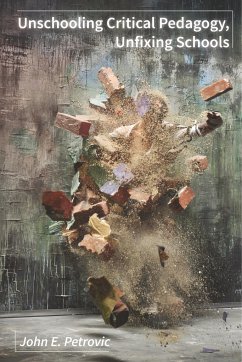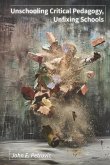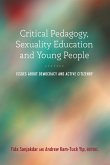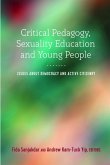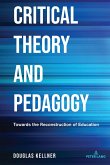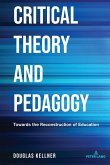Though conservatives and criticalists perhaps espouse different values and social assumptions as rationale for reforming schools, they both seek to "fix" schools. Unschooling Critical Pedagogy, Unfixing Schools argues that in this move to fix, they both either deny or misread the material dimension of schooling, thereby unnecessarily limiting possibilities for human flourishing within educational environments. In order to unfix schools, making them dynamic and critical places of engagement, educators must review and revive their critical roots through Marx to overcome the educational necrophilia that has simply overwhelmed schools through the material conditions both within and without. Critical pedagogy is insufficient for such a project, with some iterations of it becoming errors of commission. Moving from Marx to Althusser to Illich, Unschooling Critical Pedagogy, Unfixing Schools concludes with a recommendation for unschooling in schools which requires getting students out of schools as much as possible.
"John E. Petrovic's Unschooling Critical Pedagogy, Unfixing Schools provides provocative critiques of both liberal and progressive programs of school reform. Providing sharp critiques of mainstream and alternative attempts to transform schools, Petrovic accuses these efforts of trying to 'fix' the problem of schools as leaving the institutions intact. He instead suggests ways of 'unfixing schools' that will make schooling more open to their communities and making learning a more collaborative project that takes a multiplicity of forms to make schools more flexible and democratic while promoting freedom, criticality, conviviality, cooperation, and community. Petrovic's provocative analysis requires us to rethink schooling, critical pedagogy, and our own processes of teaching and learning."-Douglas Kellner, George F. Kneller Philosophy of Education Chair, UCLA

